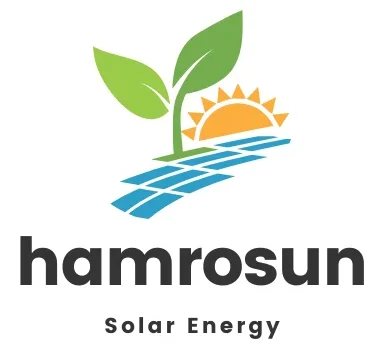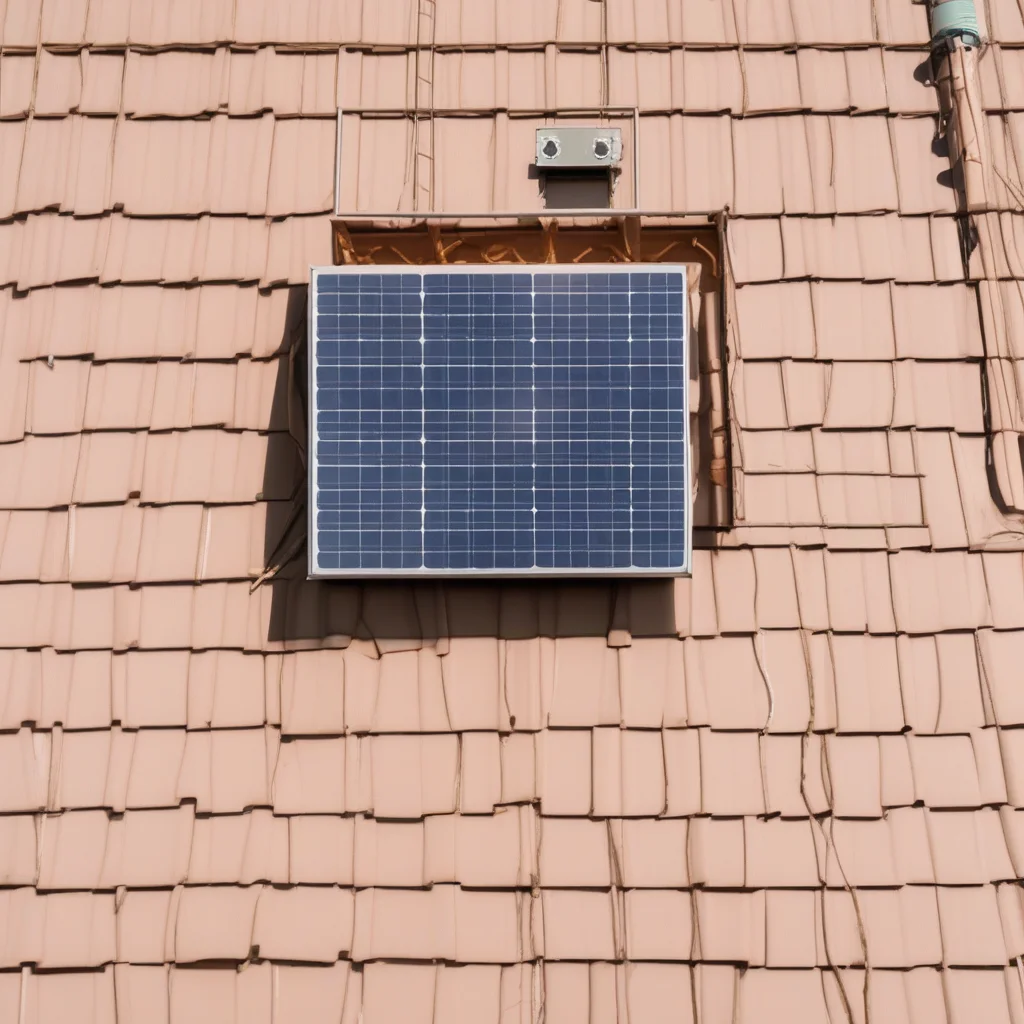Introduction
Hey kids! Have you ever wondered how we can use the sun to power our gadgets and homes? Well, that’s where solar panels come in. Solar panels are like big, flat batteries that catch sunlight and turn it into electricity. One type of solar panel is the 1000 watt solar panel.
But what does 1000 watts mean? It’s like saying how powerful a solar panel is. The higher the watts, the more power it can produce. Imagine if you could power up lots of your favorite toys just by using sunlight. Sounds cool, right?
In this guide, we will explore everything you need to know about 1000 watt solar panels. We will talk about how they work, their benefits, and how they can help save the planet. So, get ready for an exciting solar adventure!
What is a 1000 Watt Solar Panel?
A 1000 watt solar panel is a special kind of panel that turns sunlight into electricity. It’s like having a powerful solar battery. These panels are often used in homes and businesses to create green energy.
When the sun shines on these panels, they make electricity that can be used to power lights, appliances, and more. It’s a clean way to get energy, which means it helps protect the environment.
Product Key Features
Here’s a quick look at what makes 1000 watt solar panels so special:
| Feature | Description |
|---|---|
| Power Output | 1000 watts, which is a lot of power! |
| Efficiency | High efficiency in converting sunlight to electricity. |
| Durability | Made to withstand weather conditions like rain and wind. |
| Size | Usually larger but designed to fit on rooftops. |
| Installation | Can be installed on roofs or ground mounts. |
| Warranty | Comes with a warranty to ensure long-term use. |
| Cost | Varies based on brand and features. |
| Energy Production | Provides enough energy for a small to medium-sized home. |
How Do 1000 Watt Solar Panels Work?
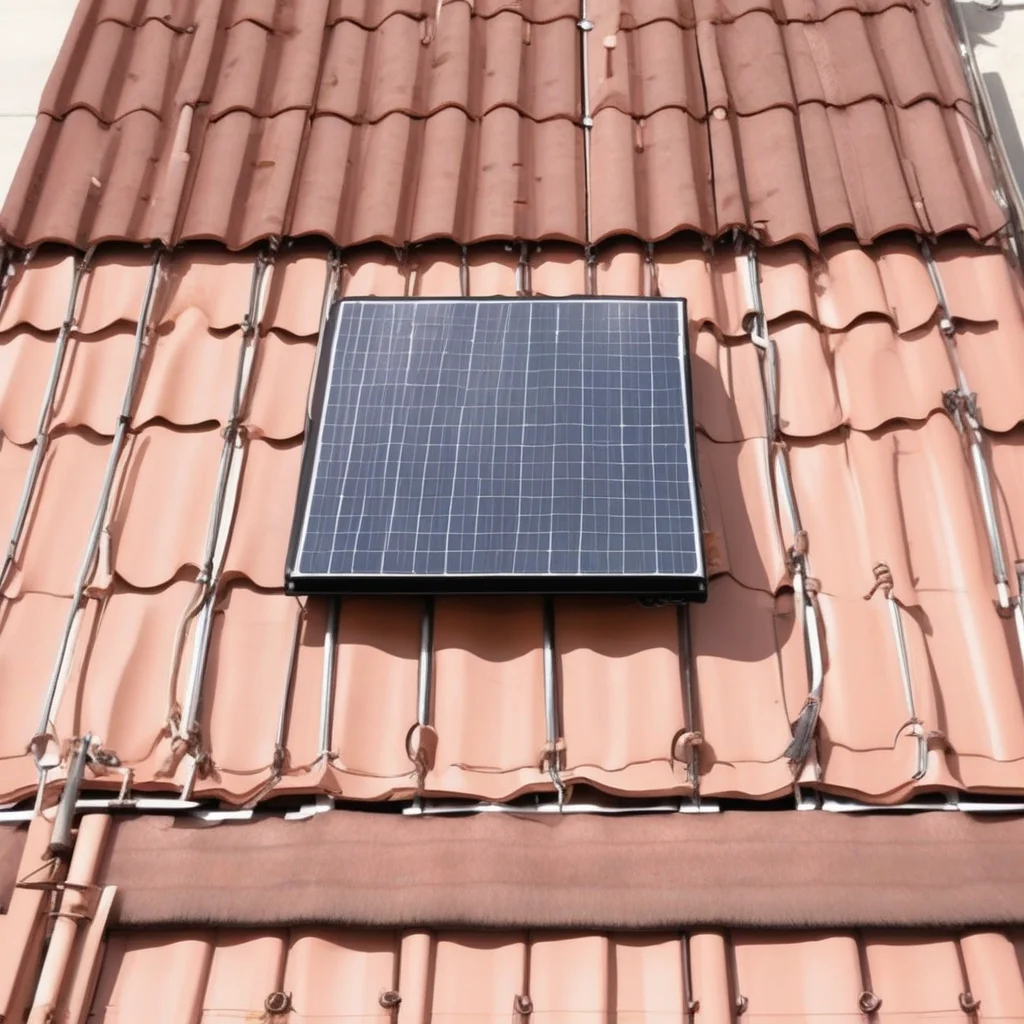
The Magic of Sunlight
Solar panels use sunlight to make electricity. When sunlight hits the solar panels, it creates energy through a process called the photovoltaic effect. It’s like magic but with science!
Inside the panels, there are tiny parts called solar cells. These cells catch the sunlight and turn it into electricity. The more sunlight they catch, the more electricity they make.
The Power of the Sun
Imagine the sun is like a big flashlight shining on the solar panels. The panels catch all that light and change it into energy. This energy travels through wires and can be used to power up your house or even charge your gadgets.
Benefits of Using 1000 Watt Solar Panels
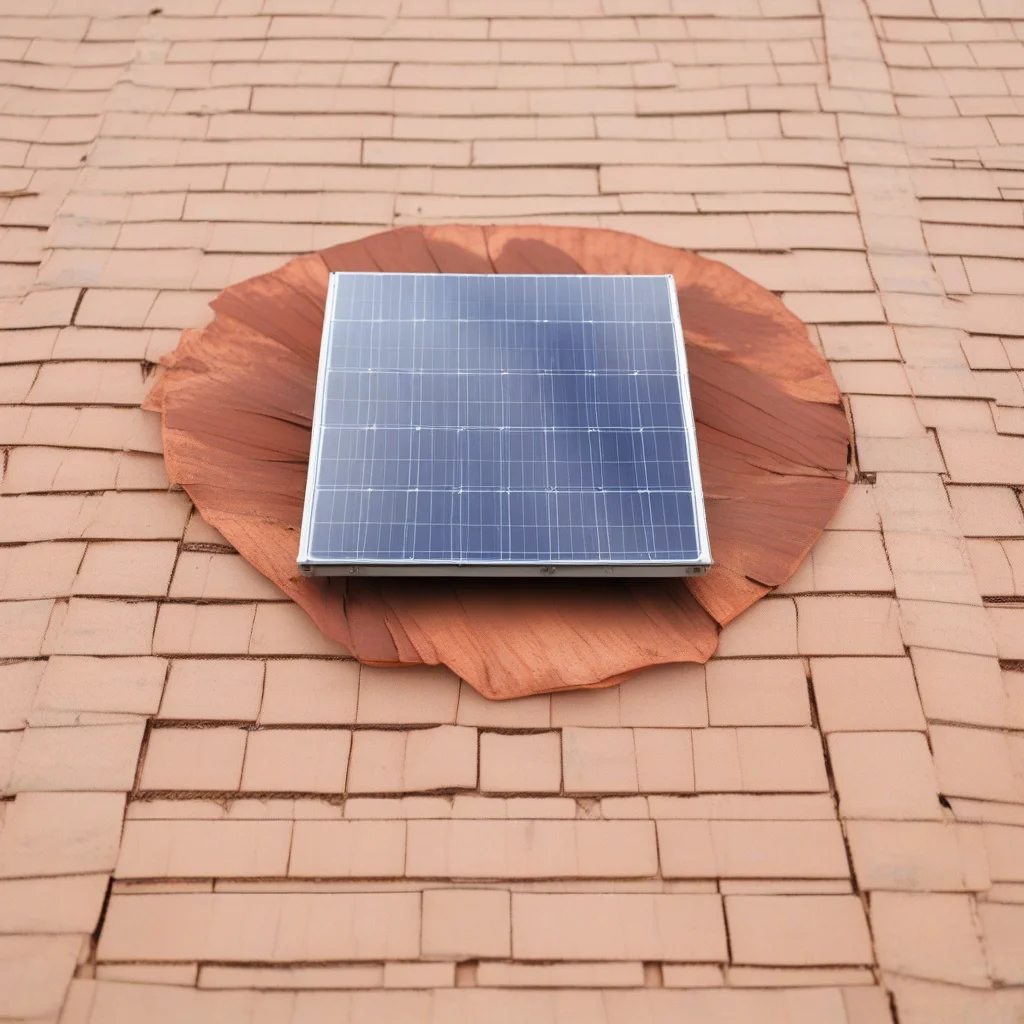
Saving Money
One of the best things about 1000 watt solar panels is that they can help save money. When you use solar power, you don’t have to buy as much electricity from your power company. This can lower your electric bill.
Helping the Environment
Using solar panels is great for the environment. They make clean energy, which means they don’t pollute the air. By using solar power, you help reduce the use of fossil fuels, which can be harmful to our planet.
Energy Independence
With solar panels, you can make your own electricity. This means you don’t have to depend as much on the power company. It’s like having your own little power plant at home!
Installation of 1000 Watt Solar Panels
Finding the Right Spot
To get the most out of your solar panels, you need to place them in a sunny spot. Usually, they go on rooftops where they can catch lots of sunlight.
Getting Professional Help
Installing solar panels can be tricky, so it’s a good idea to get help from professionals. They know exactly where to put the panels and how to connect them to your home’s power system.
Maintenance and Care
Once your panels are installed, they don’t need a lot of maintenance. Just make sure to keep them clean and free of debris. Sometimes, a little rain can help wash off dust and dirt.
1000 Watt Solar Panel Systems
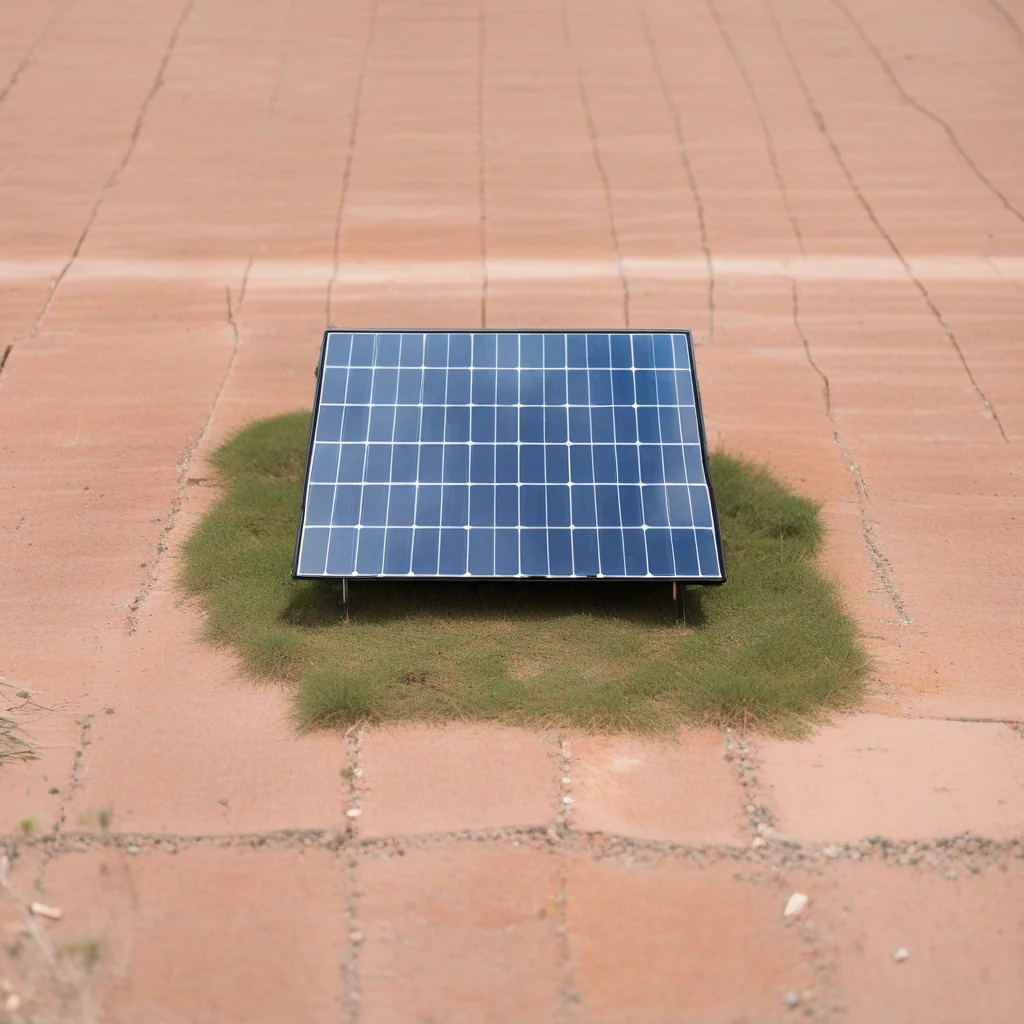
Grid-Tied Systems
A grid-tied solar system connects to the power grid. This means you can use solar power when the sun is shining and switch back to regular electricity when it’s not. It’s a great way to ensure you always have power.
Off-Grid Systems
An off-grid system doesn’t connect to the power grid. Instead, it relies completely on solar power. This type is great for places where it’s hard to get electricity from the grid, like remote areas.
Hybrid Systems
Hybrid systems use both solar power and regular electricity. They are a mix of grid-tied and off-grid systems. This way, you can use solar power when it’s sunny and switch to regular power when it’s not.
FAQs About 1000 Watt Solar Panels
What is the best location for installing 1000 watt solar panels?
The best place is a sunny area, usually on the roof of your house. The more sunlight the panels get, the better they work.
How much does it cost to install 1000 watt solar panels?
The cost can vary, but it usually depends on the brand and the installation process. It’s a good idea to get a few quotes from different companies.
How long do 1000 watt solar panels last?
Most solar panels last between 25 to 30 years. They are very durable and can withstand different weather conditions.
Can 1000 watt solar panels work on cloudy days?
Yes, they can still make electricity on cloudy days, but they work best when the sun is shining brightly.
How much electricity can a 1000 watt solar panel produce?
A 1000 watt solar panel can produce around 1000 watts of power when it’s sunny. This can be enough to power small appliances or help reduce your electric bill.
Conclusion
In conclusion, 1000 watt solar panels are a fantastic way to use the power of the sun to generate electricity. They offer many benefits, including saving money, helping the environment, and providing energy independence.
Whether you’re looking to power your home or just curious about how solar panels work, understanding these panels can be both fun and educational. So, next time you see the sun shining, remember it’s not just for playing outside – it’s also a great source of energy!
We hope this guide helps you learn all about 1000 watt solar panels. If you have any more questions or want to dive deeper into the world of solar power, stay tuned for more exciting information. Let’s keep exploring and learning together!
